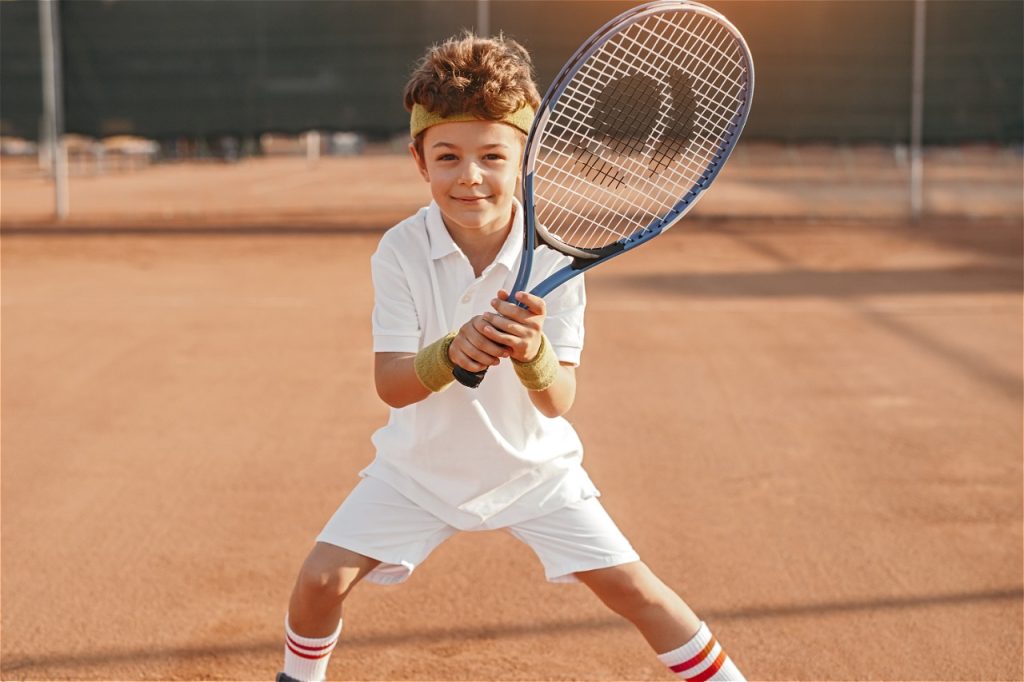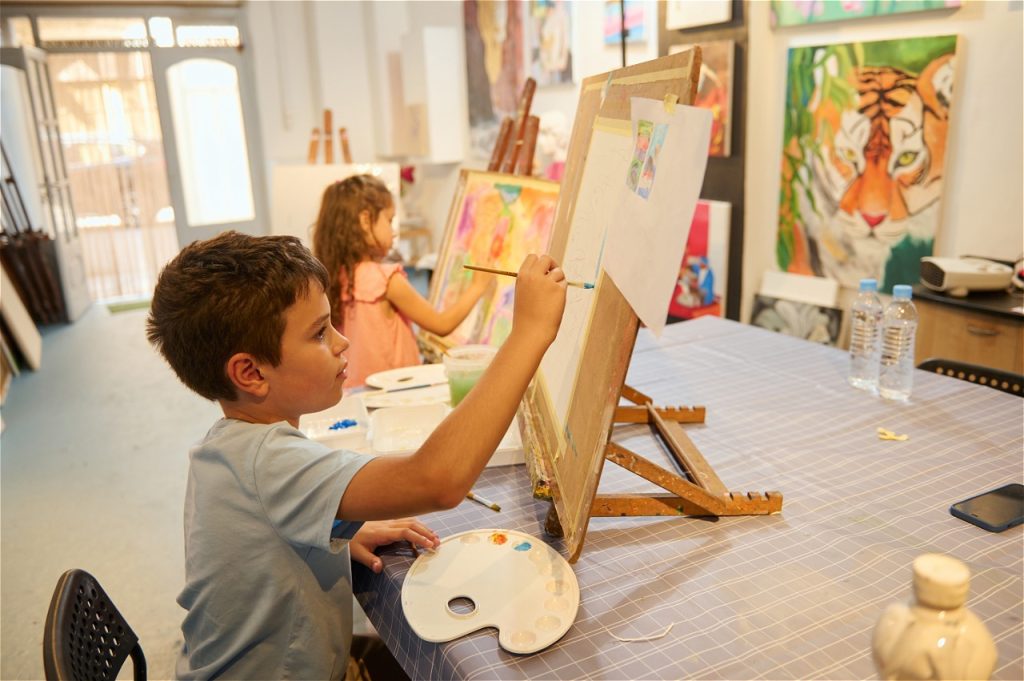Life skills for kids are more than just lessons—they’re the foundation for lifelong success. As someone who works closely with children, I’ve seen how building skills like problem-solving, communication, and emotional intelligence transforms not only their learning but also their confidence.
I believe every child deserves the chance to grow in a safe, nurturing environment where they can practice responsibility, teamwork, and independence. At SELF4KIDS, I guide children through activities that make these lessons fun and practical. Whether it’s a group project that encourages leadership or a role-play that teaches empathy, each step prepares them for challenges both inside and outside the classroom.
As Mahsheed wisely said, “The best investment we can make in our children is not just in their education, but in their ability to adapt, connect, and thrive in any environment.” I carry this with me in every program I design, because adaptability and resilience are the true measures of future success.
By nurturing these essential life skills for kids, I know we’re not only helping them do well in school but also shaping compassionate, capable leaders of tomorrow.
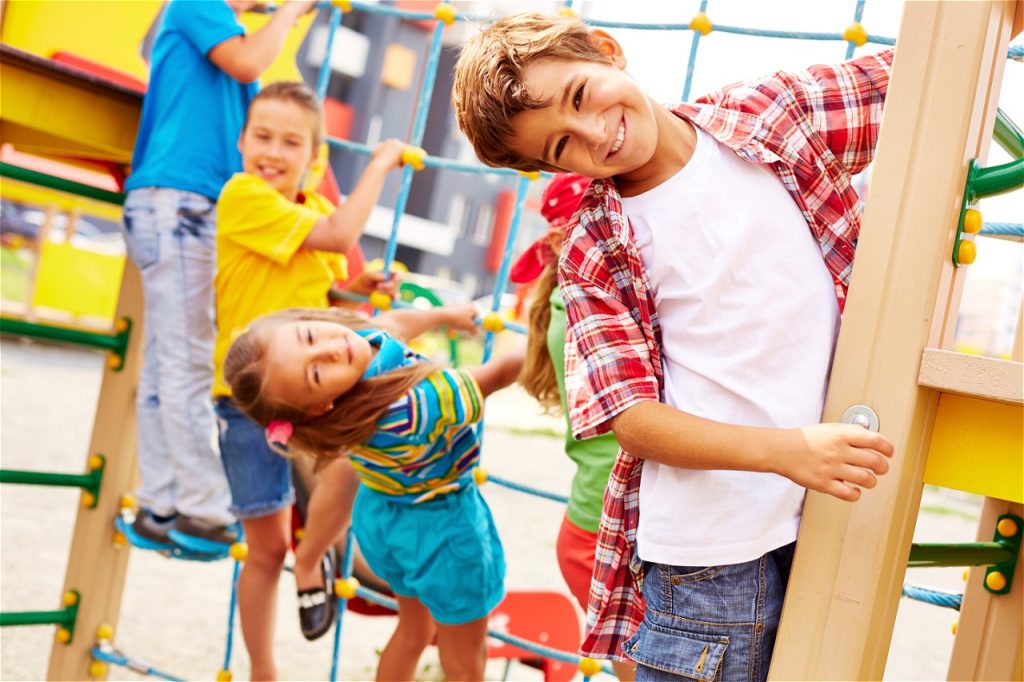
Contents
- 1 What Are the Best Life Skills for Kids?
- 2 Why Life Skills for Kids Matter
- 3 Practical Tips for Parents
- 4 FAQs About Life Skills for Kids
- 4.1 Q1: What are the most important life skills for kids to learn at an early age?
- 4.2 Q2: How can parents teach life skills for kids at home in everyday life?
- 4.3 Q3: Why are life skills for kids in middle school so important?
- 4.4 Q4: What are the best life skills for kids in high school to prepare for adulthood?
- 4.5 Q5: What is the most effective way to teach life skills for kids without pressure?
- 4.6 Q6: How do life skills for kids improve emotional intelligence and relationships?
- 4.7 Q7: Can life skills for kids include financial literacy and the value of money?
- 4.8 Q8: What practical skills are considered life skills for kids to build independence?
- 4.9 Q9: Why should life skills for kids be taught at a young age rather than later?
- 4.10 Q10: How can afterschool programs support life skills for kids?
- 5 Final Thoughts
What Are the Best Life Skills for Kids?
The best life skills for kids focus on equipping them to face challenges, make decisions, and build positive relationships. Unlike memorizing facts, these skills stay with children throughout their lives. Here are the core categories every parent should prioritize:
Critical Thinking and Problem-Solving
Children who develop problem-solving abilities can evaluate options, make decisions, and overcome obstacles. Encouraging critical thinking builds confidence and independence.
Communication Skills
Strong communication skills allow kids to express themselves clearly, listen actively, and collaborate effectively. This foundation supports leadership and teamwork.
Emotional Intelligence
Teaching empathy, self-awareness, and emotional regulation enhances life skills for kids by strengthening resilience and adaptability.
Responsibility and Independence
Chores, goal-setting, and small decisions foster responsibility and independence, preparing kids for adulthood.
Creativity and Adaptability
Encouraging creativity helps children think outside the box, while adaptability ensures they can adjust to change.
Leadership and Teamwork
Team projects and role-playing teach children the value of teamwork while nurturing leadership potential.
Why Life Skills for Kids Matter
When I think about the future of our children, I realize that success is not only about grades or academic milestones. The real foundation comes from developing life skills for kids—the abilities that help them adapt, connect, and thrive in every environment. These skills, from communication to problem-solving, are essential in shaping confident and resilient young people. At SELF4KIDS, I’ve seen firsthand how children flourish when they practice teamwork, emotional intelligence, and responsibility in a supportive setting.
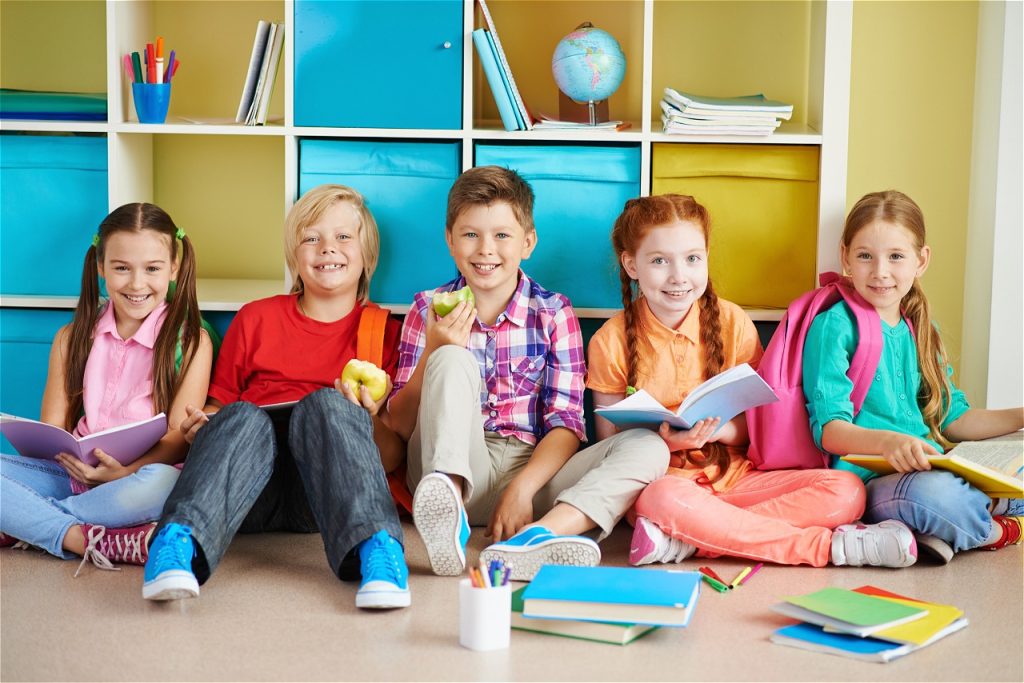
Building Confidence and Independence
One of the most powerful results of teaching life skills for kids is the confidence they gain in themselves. When children learn to make small decisions—whether it’s planning their daily routine, solving a puzzle, or completing age-appropriate chores—they begin to trust their judgment. I’ve watched students light up when they solve problems independently because it shows them they are capable. This independence doesn’t mean they no longer need guidance; instead, it gives them a sense of ownership over their choices.
Confidence and independence also prepare children for life’s uncertainties. From adapting to new school environments to handling unexpected challenges, kids with strong life skills for kids are more resilient. They understand that mistakes are opportunities to grow rather than setbacks. This mindset shift empowers them to approach the future with courage and optimism.
Strengthening Relationships and Emotional Intelligence
Another reason life skills for kids matter so deeply is their impact on relationships. Emotional intelligence—the ability to recognize and manage one’s own emotions while empathizing with others—is a cornerstone of healthy social interactions. At SELF4KIDS, I’ve used role-playing activities, group projects, and games that encourage children to work together, listen actively, and respect different perspectives.
When kids practice communication skills, they learn how to express themselves clearly and resolve conflicts peacefully. Leadership and teamwork naturally emerge in these moments, giving them tools that will serve them well in school, friendships, and eventually in their careers. As Mahsheed reminds us, “The best investment we can make in our children is not just in their education, but in their ability to adapt, connect, and thrive in any environment.” This truth reflects what I see daily: children who build empathy and resilience are not only happier but also more prepared for the complexities of life.
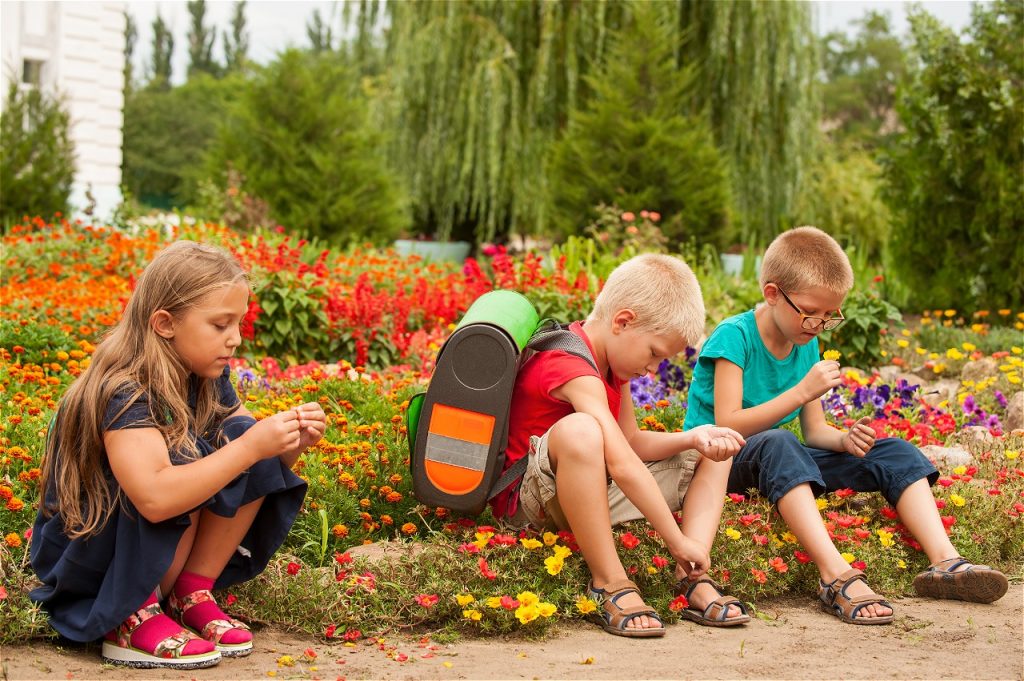
Emotional and Relationship Skills at a Young Age
One of the most important life skills for kids is learning how to manage their emotions and connect with others. Teaching emotional skills at a young age helps kids understand empathy, regulate frustration, and build meaningful connections. Alongside this, relationship skills like listening, sharing, and resolving conflicts form the social foundation of friendships and teamwork.
The most effective way to teach these is through modeling and practice. When parents or educators show kindness and patience, children learn by example. At SELF4KIDS, we create group projects and games where kids practice communication and cooperation. These activities may look like fun, but they prepare children for challenges in middle school and high school, where peer relationships become more complex. By building emotional intelligence early, children are better equipped to navigate the ups and downs of adolescence and step confidently into adulthood.
Practical Skills for Everyday Life
Academic lessons matter, but life skills for kids also mean mastering the routines of everyday life. Starting at an early age, small tasks like learning to wash dishes, helping with a meal plan, or doing grocery shopping can be incredibly empowering. These may seem like small things, but they build independence and self-worth.
As kids grow older, additional life skills for kids such as fixing a bike tire or practicing basic first aid become essential. Each skill boosts confidence and problem-solving abilities. For example, a child who knows how to handle minor injuries with basic first aid not only helps themselves but also contributes to the safety of others. These skills are not simply chores; they are stepping stones toward self-sufficiency and resilience.
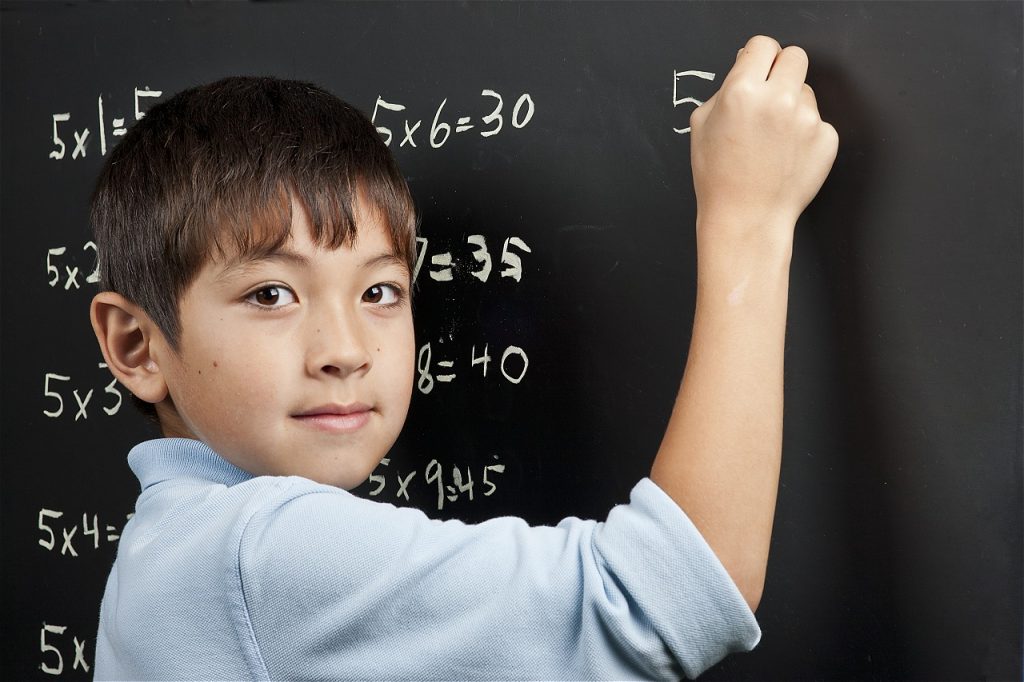
Financial Literacy and the Value of Money
Another area parents often overlook is financial literacy. Teaching kids about the value of money is one of the most practical life skills for kids to carry into adulthood. At a young age, children can start learning through allowances, saving jars, or budgeting for simple items. By middle school, introducing money management concepts like needs versus wants builds financial awareness.
In high school, real-world lessons such as managing a small budget, contributing to a meal plan, or even helping with grocery shopping allow teens to practice responsibility. These skills ensure that by the time they become young adults, they are ready to handle bigger financial commitments with confidence. As Mahsheed has said, “Teaching money management is more than just math—it’s preparing children to take control of their futures.” I carry this truth into every program we design at SELF4KIDS.
Building Strong Habits at Every Stage
The journey of teaching life skills for kids is not a one-time task; it’s an ongoing process that evolves with age. In early age, children learn through play and routine—tidying toys, helping with snacks, or setting the table. By middle school, they are ready to take on practical skills like planning their schedule, helping with chores, and developing strong emotional skills for teamwork.
In high school, the focus shifts to preparing for independence—budgeting, money management, and learning basic first aid. These experiences shape their identity as young adults, ready to navigate the world with resilience. Even in everyday life, continuing to practice small things like kindness, responsibility, and self-discipline reinforces their growth.
Ultimately, the most effective way to prepare children for adulthood is to integrate life skills for kids into daily routines. From meal plan discussions at the dinner table to weekend projects like fixing a bike tire, every opportunity is a teaching moment. The goal is not perfection but progress—creating young people who feel confident, capable, and ready to thrive.
Practical Tips for Parents
- Encourage problem-solving during daily tasks.
- Assign age-appropriate responsibilities.
- Practice teamwork through family activities.
- Model positive communication and empathy.
- Allow space for creativity and adaptability.
FAQs About Life Skills for Kids
Q1: What are the most important life skills for kids to learn at an early age?
At SELF4KIDS, we focus on emotional skills, communication, problem-solving, and responsibility—these build confidence and independence from the start.
Q2: How can parents teach life skills for kids at home in everyday life?
Small things like letting children help with a meal plan, grocery shopping, or washing dishes are simple, effective ways to practice.
Q3: Why are life skills for kids in middle school so important?
Middle school is when peer relationships and independence grow—practical skills and relationship skills give them confidence in this stage.
Q4: What are the best life skills for kids in high school to prepare for adulthood?
Money management, basic first aid, time management, and leadership are key to helping teens transition into young adults.
Q5: What is the most effective way to teach life skills for kids without pressure?
We believe in hands-on activities, games, and teamwork—kids learn best when lessons are fun and connected to real life.
Q6: How do life skills for kids improve emotional intelligence and relationships?
Practicing empathy, communication, and teamwork helps children connect with others and handle challenges with resilience.
Q7: Can life skills for kids include financial literacy and the value of money?
Absolutely. Teaching budgeting, saving, and the value of money helps kids build smart habits for their future.
Q8: What practical skills are considered life skills for kids to build independence?
Tasks like fixing a bike tire, cooking simple meals, and using basic first aid are everyday skills that empower children.
Q9: Why should life skills for kids be taught at a young age rather than later?
Starting early makes these lessons part of everyday life, so by the time they reach high school, they’re confident and capable.
Q10: How can afterschool programs support life skills for kids?
Afterschool programs like SELF4KIDS blend academics with teamwork, creativity, and leadership activities that naturally build important life skills.
Final Thoughts
Equipping children with life skills for kids is one of the most valuable gifts a parent or teacher can offer. These abilities—whether leadership, problem-solving, or emotional intelligence—create a foundation for lifelong success. At SELF4KIDS, we focus on making these lessons practical, engaging, and enjoyable. By instilling these essential skills early, we prepare children not just for school but for life.
